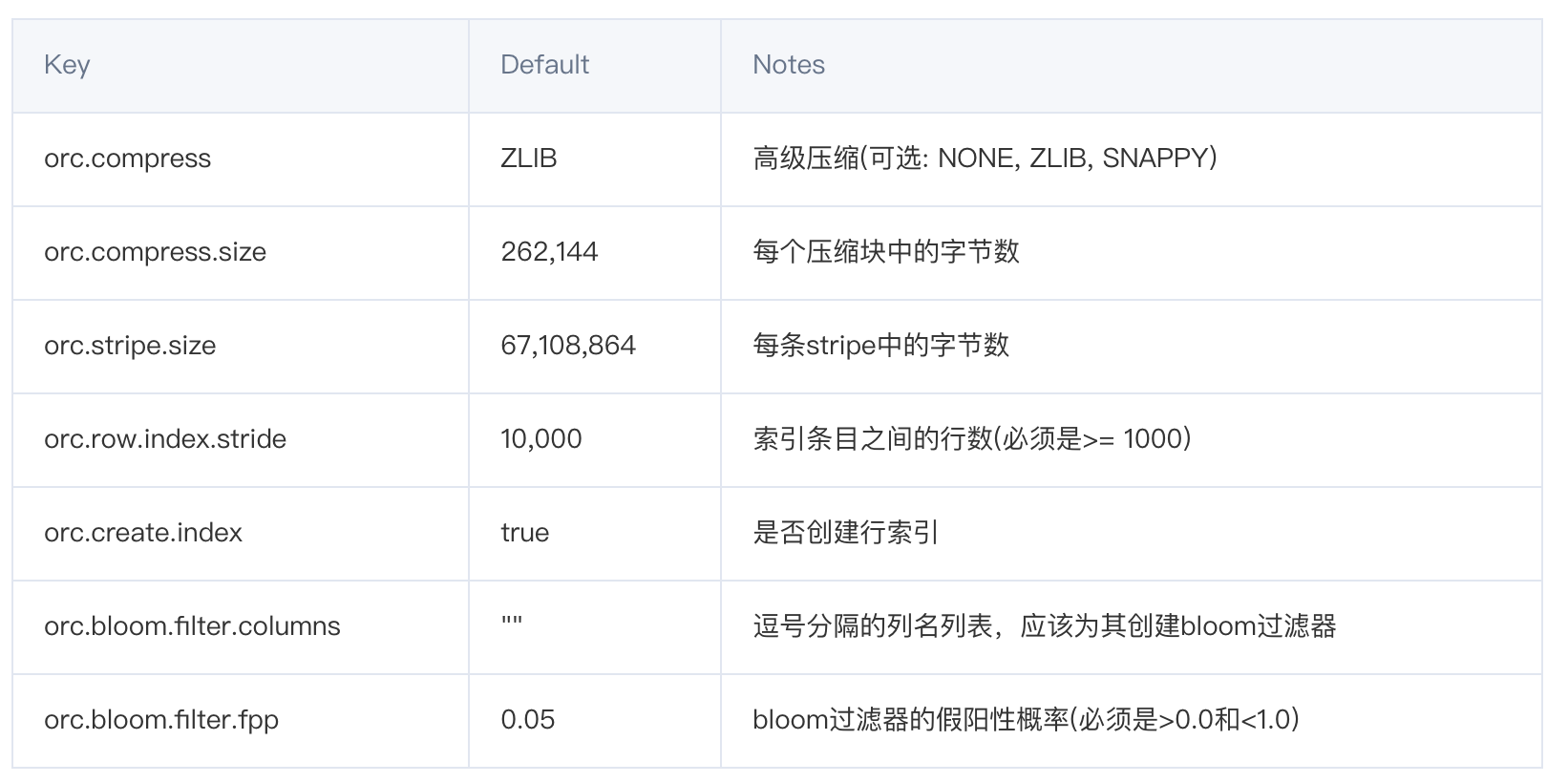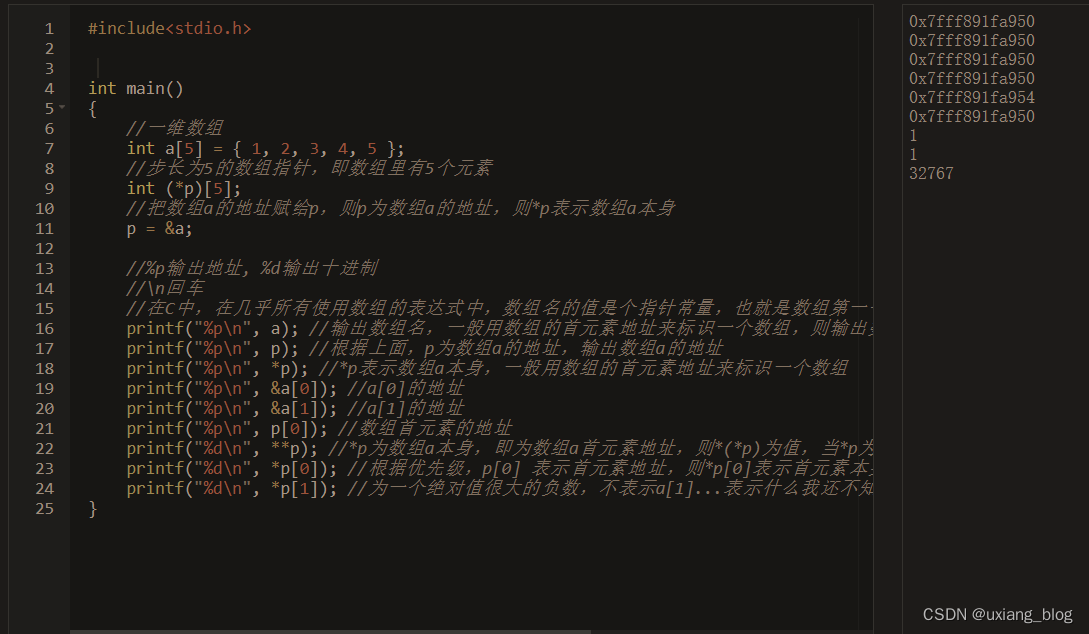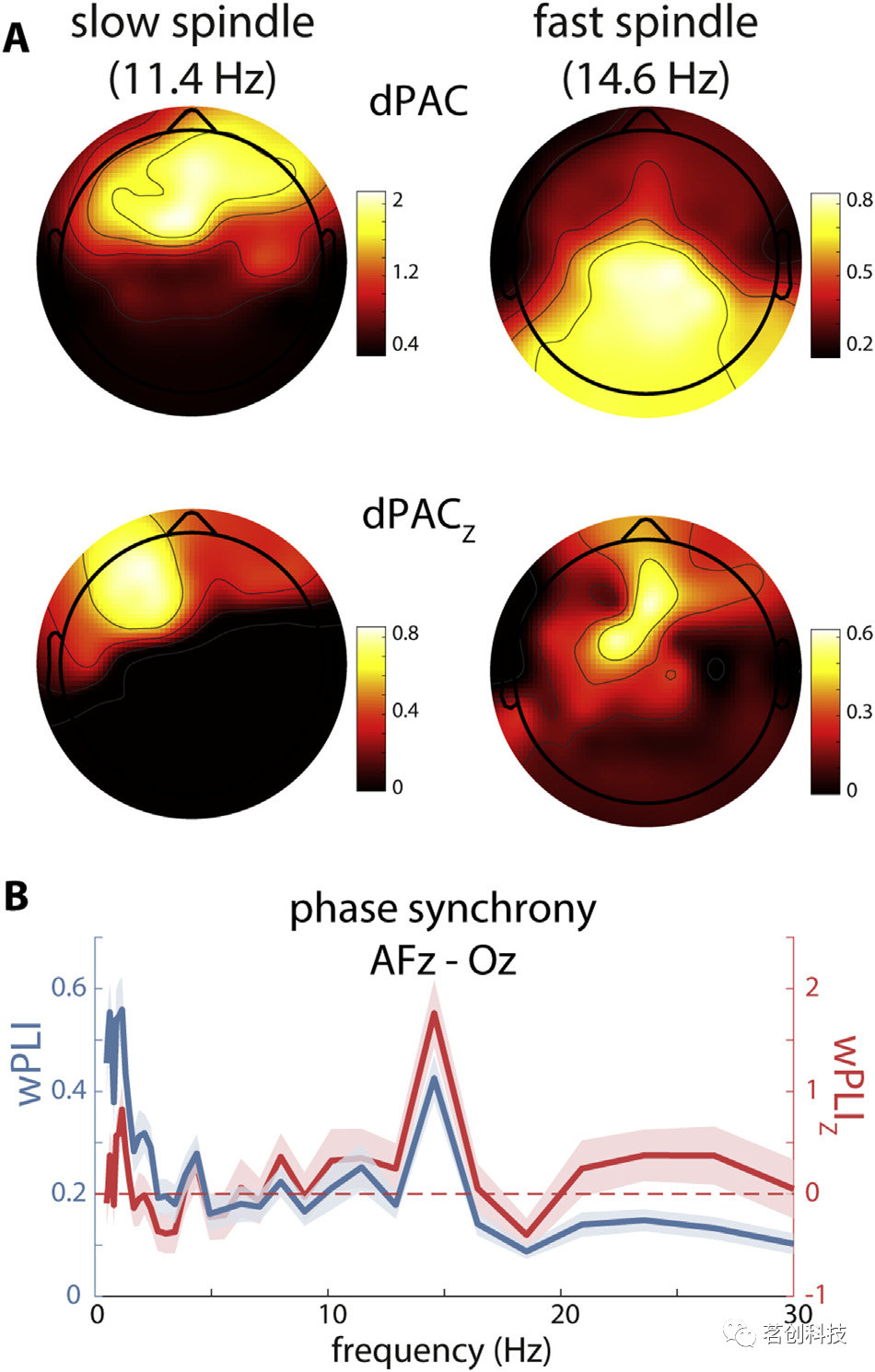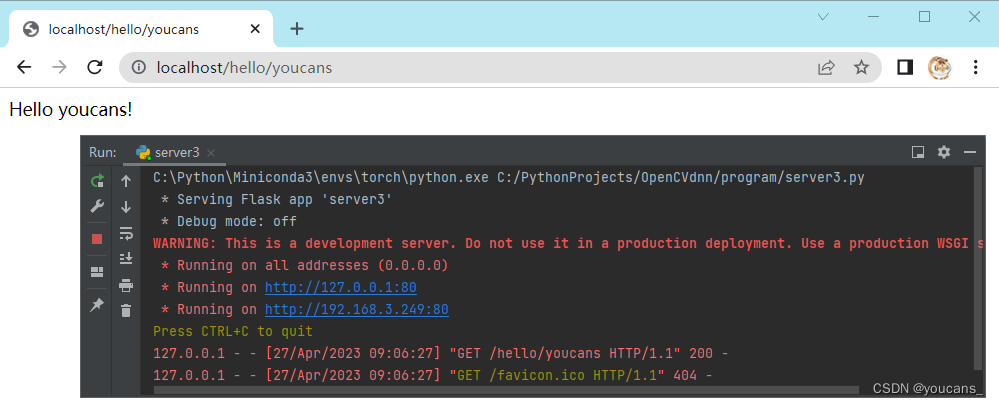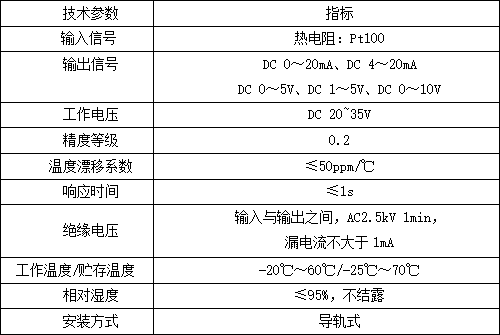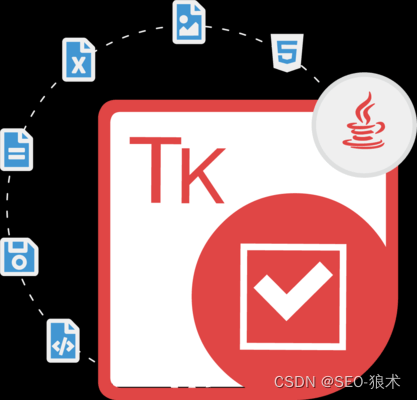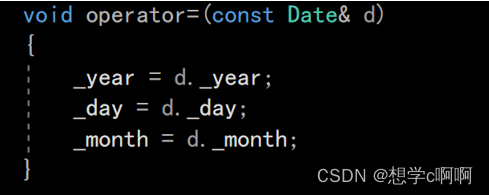compile() 函数是什么
compile() 函数将一个字符串编译为字节代码。
compile将代码编译为代码对象,应用在代码中可以提高效率。
语法
compile(source, filename, mode, flags=0, dont_inherit=False, optimize=-1)
参数
- source:表示要编译的源代码字符串、AST对象或代码对象。
- filename:表示源代码的文件名。如果源代码不是从文件中读取的,可以使用一个虚拟的文件名。
- mode:表示编译模式,可以指定为 exec, eval, single。
- flags:可选参数,用于指定编译时的标志。可以使用ast.PyCF_*常量进行按位或运算的组合,用于控制编译过程中的不同行为。
- dont_inherit:可选参数,如果设置为True,则编译时不会继承当前作用域的符号表。
- optimize:可选参数,指定编译优化级别的标志。默认值为-1,表示使用默认优化级别。
返回表达式执行结果。
示例
首先code下新建demo.py
from code.cal import add,mul
from code.sqrt import sqrt__all__ =[ "add","mul","sqrt"]
cal.py
def add(a,b):return a+bdef mul(a,b):return a*b
sqrt.py
def sqrt(a):return a**2
编写调用脚本test.py
import traceback
import os
import requests
import threading
import time
import json
import logging
log=logging.getLogger()def compile_funcs(codefile,funname_list):"""Args:codefile: Path of Python's Code filefunname_list: list of function namesReturn: dict of func info """try:#读取代码with open(codefile) as f:code=f.read()#将字符串编译为字节代码methods_obj=compile(code,"","exec")scope = {}'''exec函数族的作用是根据指定的文件名找到可执行文件,并用它来取代调用进程的内容;换句话说,就是在调用进程内部执行一个可执行文件。这里的可执行文件既可以是二进制文件,也可以是任何Linux下可执行的脚本文件'''exec(methods_obj,scope)fun_object={}for name in funname_list:fun_obj= scope.get(name,None)fun_object[name] = fun_objreturn fun_objectexcept Exception as e:traceback.print_exc(e)return None#函数名称
func_lists=['add','mul','sqrt']
#传入code下的demo.py
func_dict= compile_funcs("./code/demo.py",func_lists)
#获取返回对象
add = func_dict['add']
mul = func_dict['mul']
sqrt = func_dict['sqrt']
#传参调用
c = add(2,3)
d = mul(3,3)
e = sqrt(5)
print(f"add(2,3)={c}")
print(f"mul(3,3)={d}")
print(f"sqrt(5)={e}")
结果:
add(2,3)=5
mul(3,3)=9
sqrt(5)=25
总结
compile() 函数的应用场景包括:
1、动态执行代码:可以将源代码字符串编译为代码对象,然后使用exec()函数执行。
2、动态求值表达式:将单个表达式编译为代码对象,然后使用eval()函数求值。
3、AST分析和修改:将源代码字符串编译为AST对象,然后使用ast模块进行分析和修改操作,例如静态代码分析、代码转换等。
在使用某些代码需要提炼出公共的代码块是可以使用,方便后续的使用和添加;
